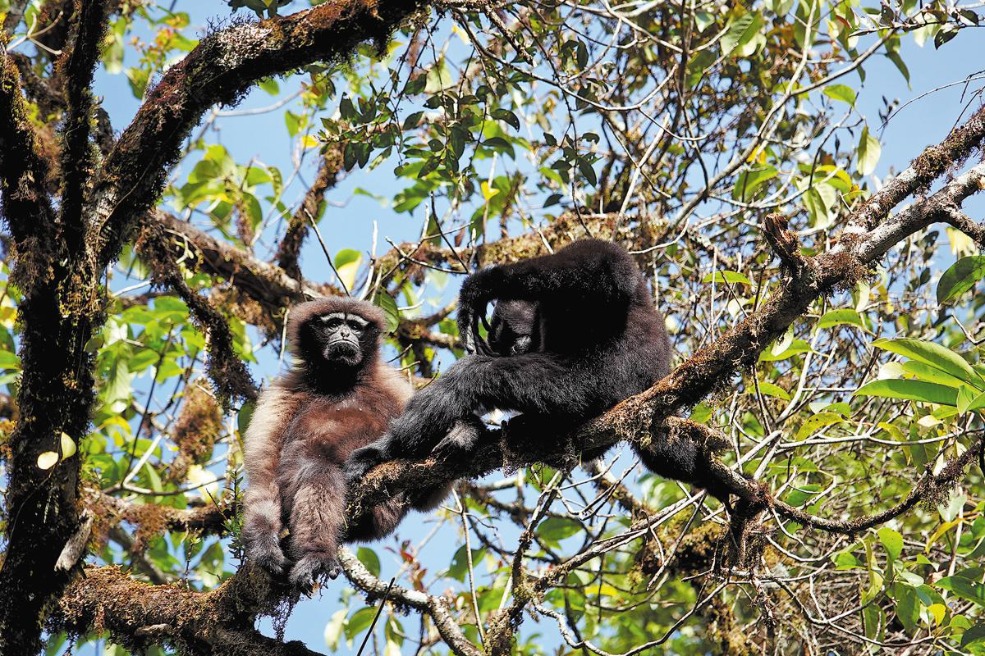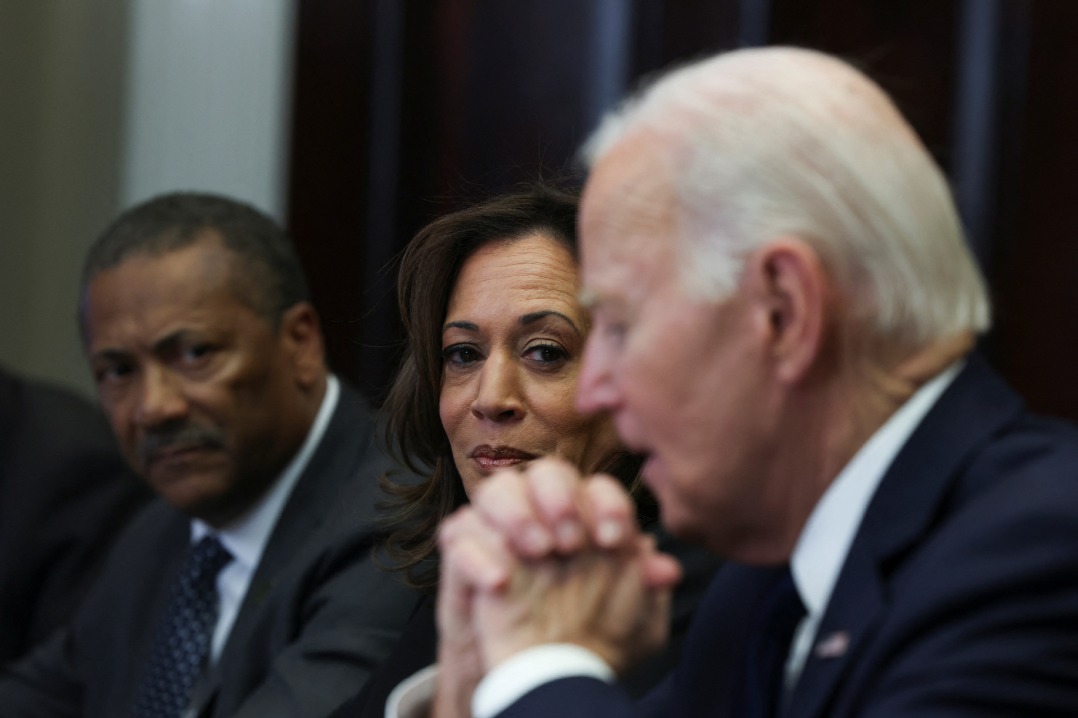WHO highlights influenza risk for young children, pregnant women during COVID-19
Xinhua | Updated: 2020-11-03 09:52

GENEVA - Experts from the World Health Organization (WHO) highlighted on Monday the influenza risk for young children and pregnant women during the COVID-19 pandemic, calling for strong surveillance and testing.
Maria Van Kerkhove, technical lead for WHO's Health Emergencies Program, said at a WHO press briefing on Monday that it's still unknown how the coming influenza season in the Northern Hemisphere is to unfold. However, strong surveillance systems for influenza are already in place and are still working even during the COVID-19 pandemic. She recommended that people at high risk for influenza take vaccinations this year as the COVID-19 pandemic continues to rage.
Her view was echoed by Janet Diaz, the WHO Clinical Management Lead, who emphasized that surveillance is the key against the influenza season, and that although influenza and COVID-19 do have common symptoms, there are still some differences.
She highlighted that young children and pregnant women are at risk from severe disease with influenza but not showing severe disease in COVID-19. If the two groups show symptoms of acute respiratory infection, they need to be tested first before taking different treatment pathways.
She added that another difference is corticosteroid, which is right now used for the treatment of COVID-19 and can reduce the mortality in patients with severe and critical COVID-19. But she highlighted the risk of corticosteroid in influenza, saying there has been concern that corticosteroid can actually increase viral replication.
She believes it's important to first understand when influenza is starting to circulate in communities, and then put on differential diagnosis based on the knowledge of difference in severity and treatment pathways between influenza and COVID-19.
Meanwhile, WHO Director-General Tedros Adhanom Ghebreyesus on Monday confirmed on Twitter that he has been identified as a contact of someone who has tested positive for COVID-19. "I am well and without symptoms but will self-quarantine over the coming days, in line with WHO protocols, and work from home," wrote the WHO chief.
According to Michael Ryan, executive director of the WHO's Health Emergencies Program, the WHO chief is currently very well and continuing to work from home.
























